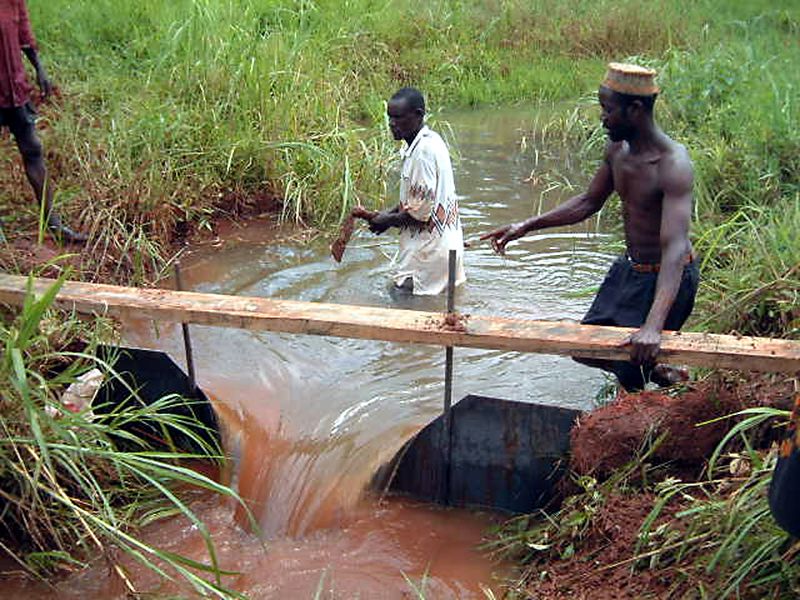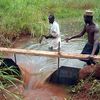Songea:Urban Water Supply and Sanitation Project
Disciplines
-
Sanitation
-
Water Supply
Companies
Dorsch International Consultants
Client
Songea Urban Water and Sewerage Authority (SOWASA)
Duration
From 2001 to 2008Project Activities
- Phase I: Rehabilitation of four surface water intakes; Construction of transmission mains, Construction of water treatment; gravity main network; Rehabilitation of storage reserviors; Construction of a major distribution network; Construction of minor network; house connections and water kiosks; Construction of a pumping station
- Phase II: Rehabilitation of three surface water intakes; Construction of two reservoirs ; Extension of water distribution network ; Construction of pumping station; Construction of wastewater treatment plant consisting of two anaerobic ponds , two facultative ponds and two sludge drying beds; Construction of sewer trunks improvement of two on site sanitation systems at two institutions
- Phase IIa: Completion of the central sewage system; Installation of sewer house connections
Contact
Dorsch International Consultants GmbH
München (Headquarters)
80687 München
Germany
Phone: +49 89 5797-0
Fax: +49 89 5797-800
E-Mail: info@dorsch.de
Description
The project was implemented in two phases to improve the living conditions of 125,000 inhabitants, through the improvement of rudimentary water supply systems and sanitation facilities. It included the construction of improved intakes, transmission mains, a treatment plant, reservoirs, reticulation network, and the introduction of metering to the consumers.
Furthermore, a centralised sewerage system, including a treatment plant for a dry-weather flow of 2,300 m³/d was installed to serve 30,000 inhabitants through 5,000 connections (70,000 PE including septic sludge treatment). The physical works were accompanied by capacity-building operations within the executing agency including the introduction of a computerised billing and accounting system, and by public relations campaigns. Accordingly, the project played a role in directly achieving universal, equitable and affordable access to sanitation services and safe drinking water thus improving the water quality and reducing illness and mortality rates due to unsafe water and sanitation.

